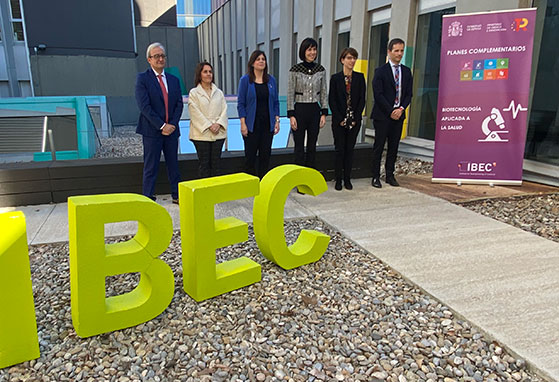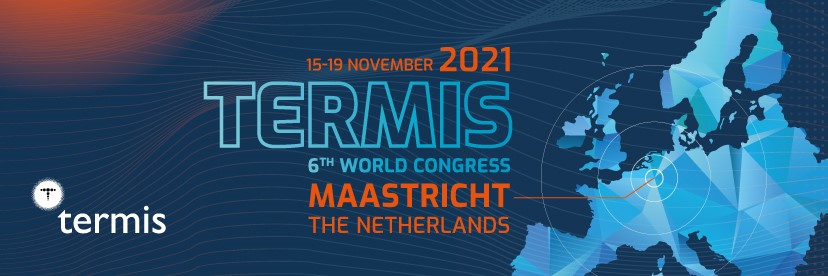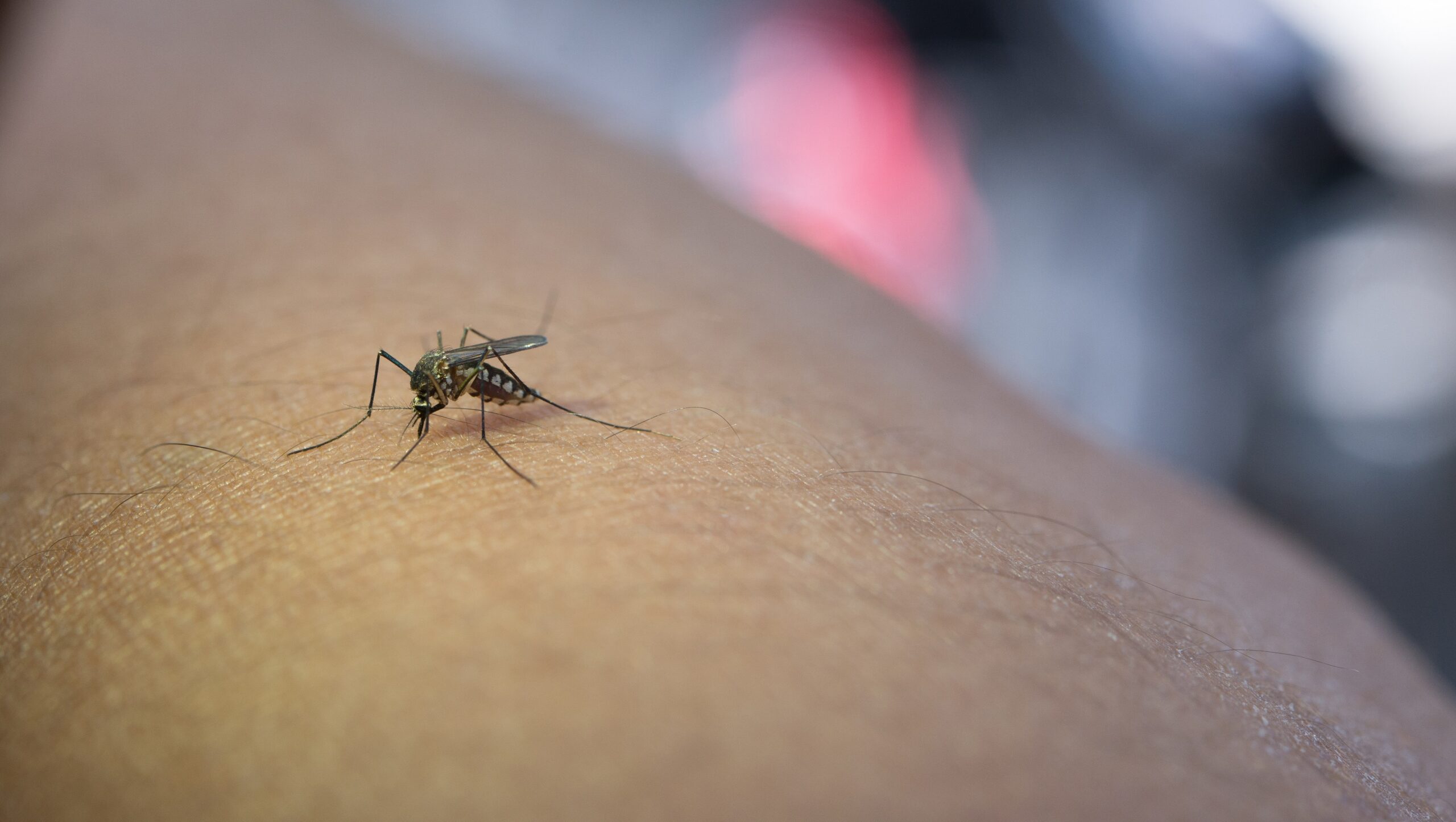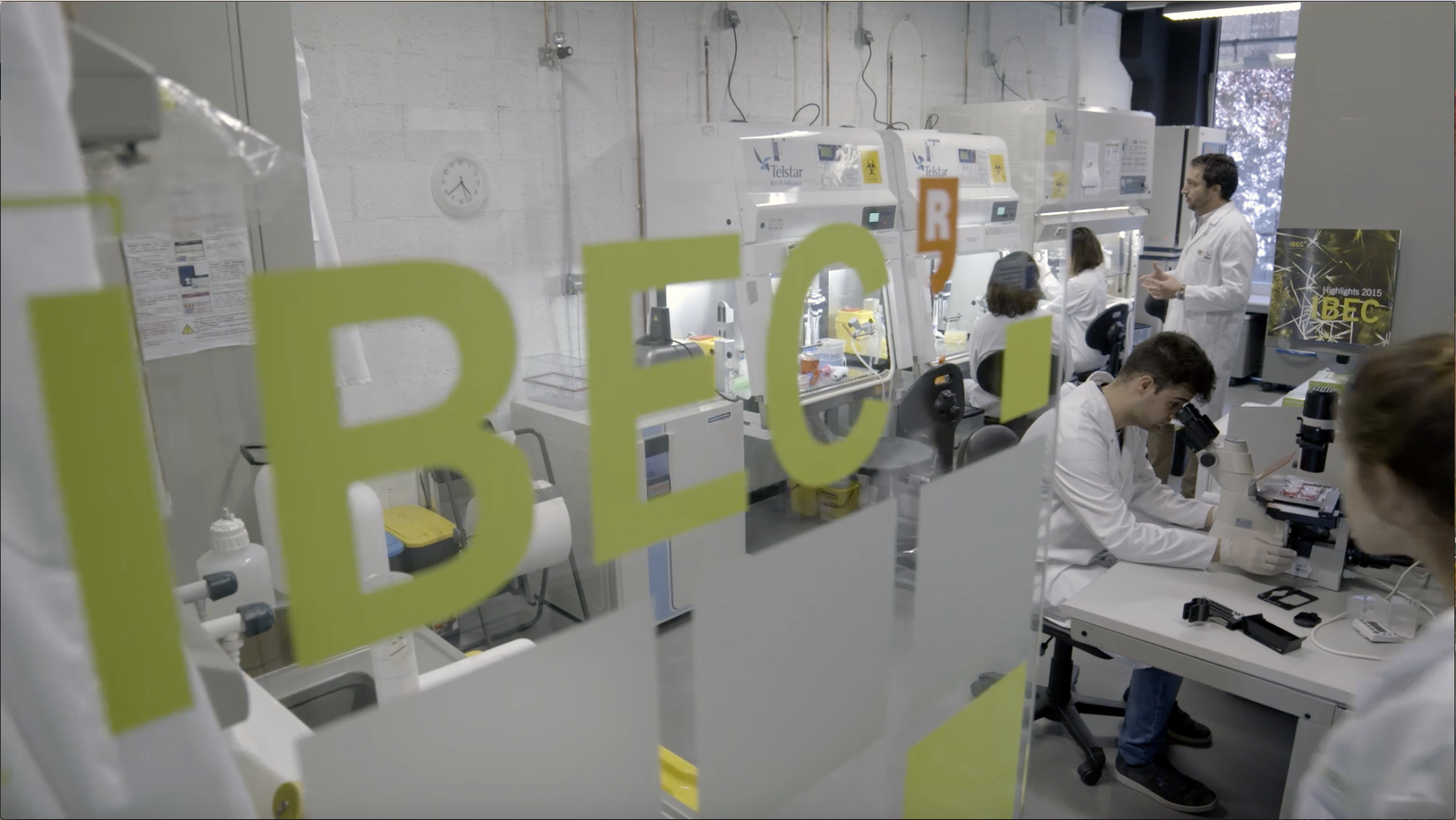Institutional news
11F: IBECers celebrate and promote women in science
Last February 11, on the occasion of the International Day of Women and Girls in Science, IBEC researchers and staff gave talks in different schools around Catalonia. The objective of these meetings was to bring science closer to schools and to make more visible female scientific talent.
The Nano World Cancer Day brings together experts from research, medicine, foundations and business sectors
This February 4, World Cancer Day, experts from hospitals, research centres and foundations met virtually with some 80 attendees, at the event organised by Nanomed Spain, to publicise the latest advances in nanomedicine against cancer. This is the seventh edition of the Nano World Cancer Day, an event that is fast becoming a benchmark in Spain.
An Innovative Project brings Bioengineering to Rural Schools
The Institute for Bioengineering of Catalonia (IBEC) has signed an agreement with the Secretariat of Rural Schools of Catalonia to bring bioengineering to places in the Catalan territory with lower population densities. IBEC, which is in this way contributing to democratising knowledge and uniting the territory, has already begun its innovative project at several rural schools in Solsonès.
Three IBEC researchers granted with “La Caixa Foundation” fellowships for young scientific leaders
Veronika Magdanz, of the Nano Intelligent Devices Group led by Samuel Sánchez, as well as Iris Batalha and Mohit Kumar of the Molecular Bionics group led by Giuseppe Battaglia, have … Read more
nAngioDerm participated in world congress TERMIS
Professor Elisabeth Engel from IBEC, coordinator of nAngioDerm European project, presented the advances of the project at the 6th world congress of the Tissue Engineering and Regenerative Medicine International Society (TERMIS2021). Professor Engel talked about cells-materials interactions to promote vascularization in one of the most important scientific conferences in the field of tissue engineering and regenerative medicine.
Last advances of European nanomedicine against malaria explained in a new video
Malaria kills over 500,000 people every year. In the last three years, researchers within the NANOpheles Project worked on the development of nanovectors targeting Plasmodium parasites in the mosquito vector. Xavier Fernàndez-Busquets, coordinator of the EU-funded project, explains their advances in a new video.
IBEC will have a new state-of-the-art microscope to study biochemical processes
The Spanish Ministry of Science and Innovation has granted funds to IBEC for the acquisition of the Intravital Multiphoton Microscope. Multiphoton microscopy makes it possible to investigate very diverse biochemical … Read more









